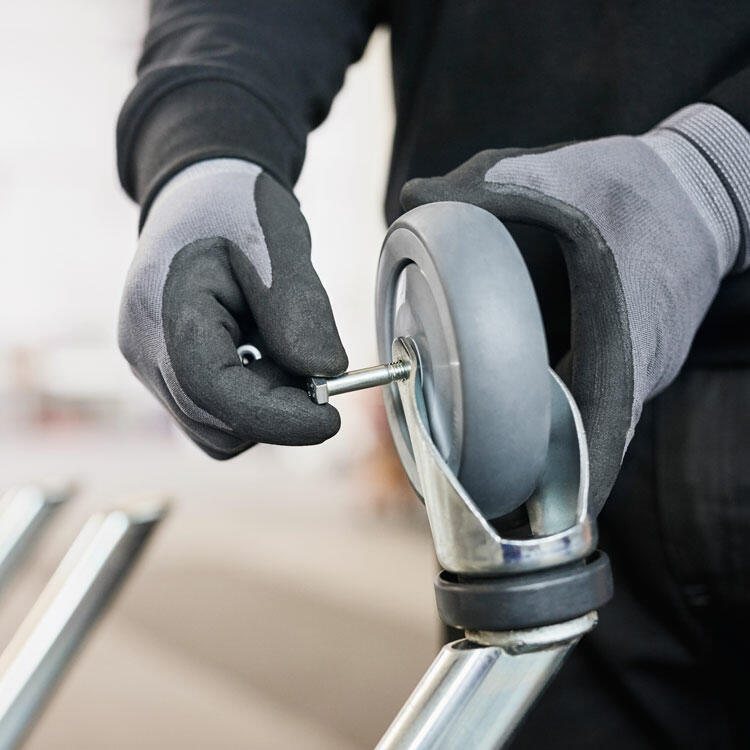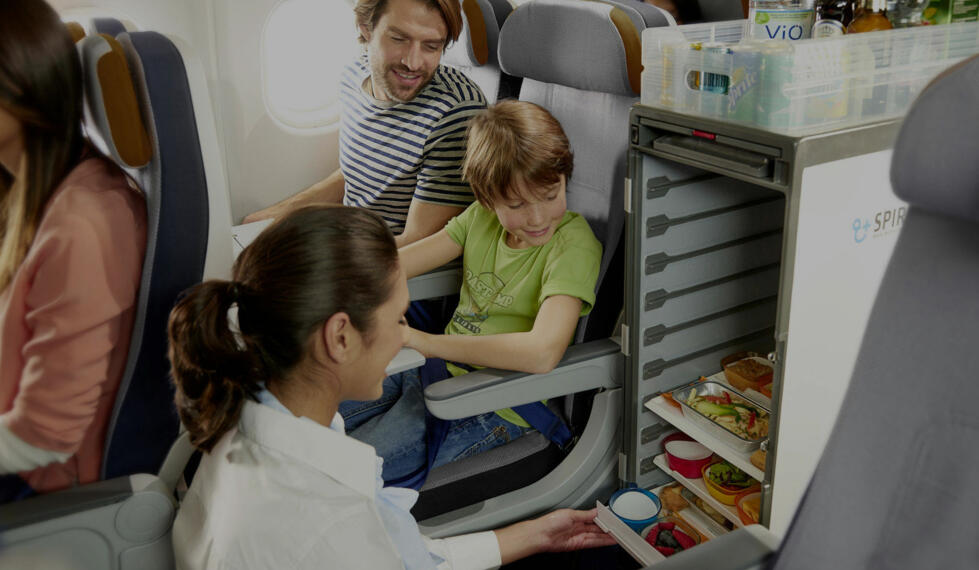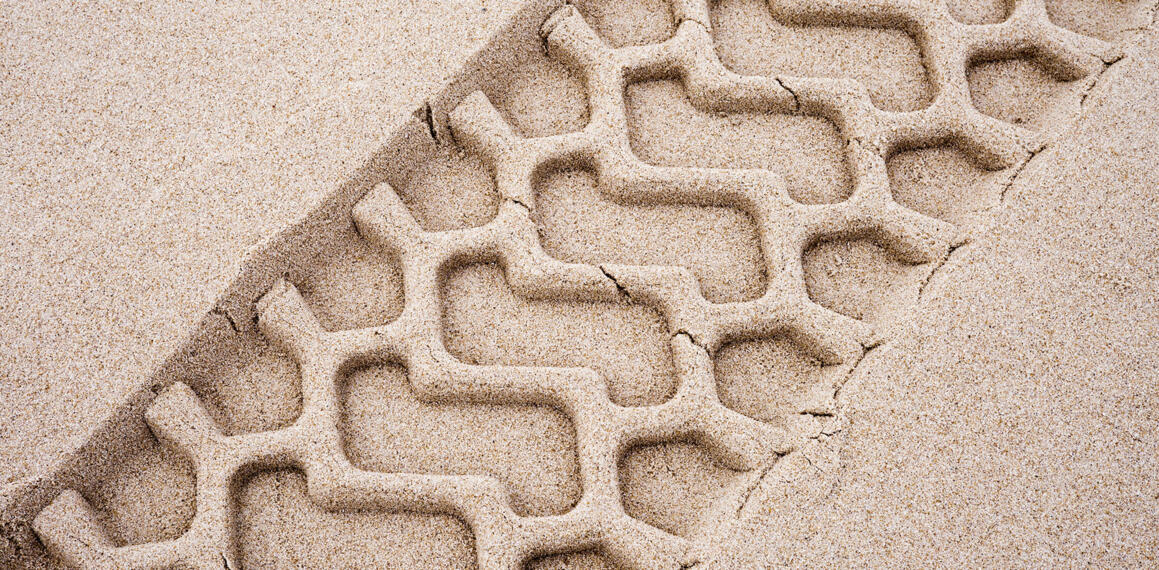A single shopping trolley covers thousands of kilometres in the ten years of its service life.
Therefore, its castors are subject to significant wear and tear. When carrying out necessary maintenance, the aim should be to conserve valuable resources and reduce the burden on the environment. For this reason, we provide our customer ShopBox with castors that make it possible to replace only those parts that really need renewing. The result: improved sustainability and lower costs.
The starting point
ShopBox Group GmbH from Heilbronn, Germany, specialises in the cleaning, disinfection and repair of shopping trolleys. The company serves supermarkets in ten European countries. ShopBox employees maintain and repair soiled grids, jammed child seats and, of course, shopping cart castors that squeak, block or drive in the wrong direction. ShopBox will clean, repair and if necessary, replace these components so that the shopping experience is once again trouble-free.


Environmental impact and high costs
In the German market alone, there are more than 20 million shopping trolleys in use, which all require regular maintenance. Therefore, the design should also focus on the use of resources and the environment. However, usually the shopping trolley's wheels and forks are riveted together. This makes it impossible to continue to use intact components if part of the unit is defective. So that means the entire castor has to be replaced unnecessarily. Replacement of the whole castor is only really necessary in about 30 percent of maintenance cases. In the remaining 70 percent, the replacement of the wheel is sufficient to restore mobility. The reason for this is the longer life cycle of the wheel fork. If a wheel needs replacing and the fork is riveted to the wheel, then there is no alternative but to dispose of the fork along with the defective wheel.
The result: unnecessary waste, the squandering of resources, and increased costs. The alternative: Castors made by TENTE.
ShopBox uses our shopping trolley castors for its maintenance work. The special feature: the fork and the wheel are not riveted together, but connected with a bolt. This enables the company to order and replace the components separately. If only the wheel is damaged, the fork can still be used.
The bolted connection offers further advantages, for example, when attaching the castor to the shopping trolley. Since the fork is not riveted to the wheel, it allows easier access for fixing. The castor can be attached and removed more easily and quickly. The same also applies to cleaning. The wheel and fork can be cleaned more easily when separated, as the dirty areas are then easier to reach.
Once maintenance is complete and the castor has been reassembled, the advantages of our solution becomes clear: the bolted connection is more flexible and environmentally friendly than the riveting.
"With TENTE, we save two thirds of the costs and protect the environment."
Hans-Peter Vetvicka, General Manager of ShopBox Group GmbH

Our solution is valued by ShopBox and its customers for its sustainability, ease of maintenance and cost efficiency. Not only are resources conserved and the burden on the environment noticeably reduced, but also two thirds of the costs are saved.
With 40,000 serviced castors per year, this is a considerable advantage for ShopBox. In addition, the solution also improves the maintenance process because the wheel and fork can now be removed individually, making maintenance quicker, easier and more efficient.



